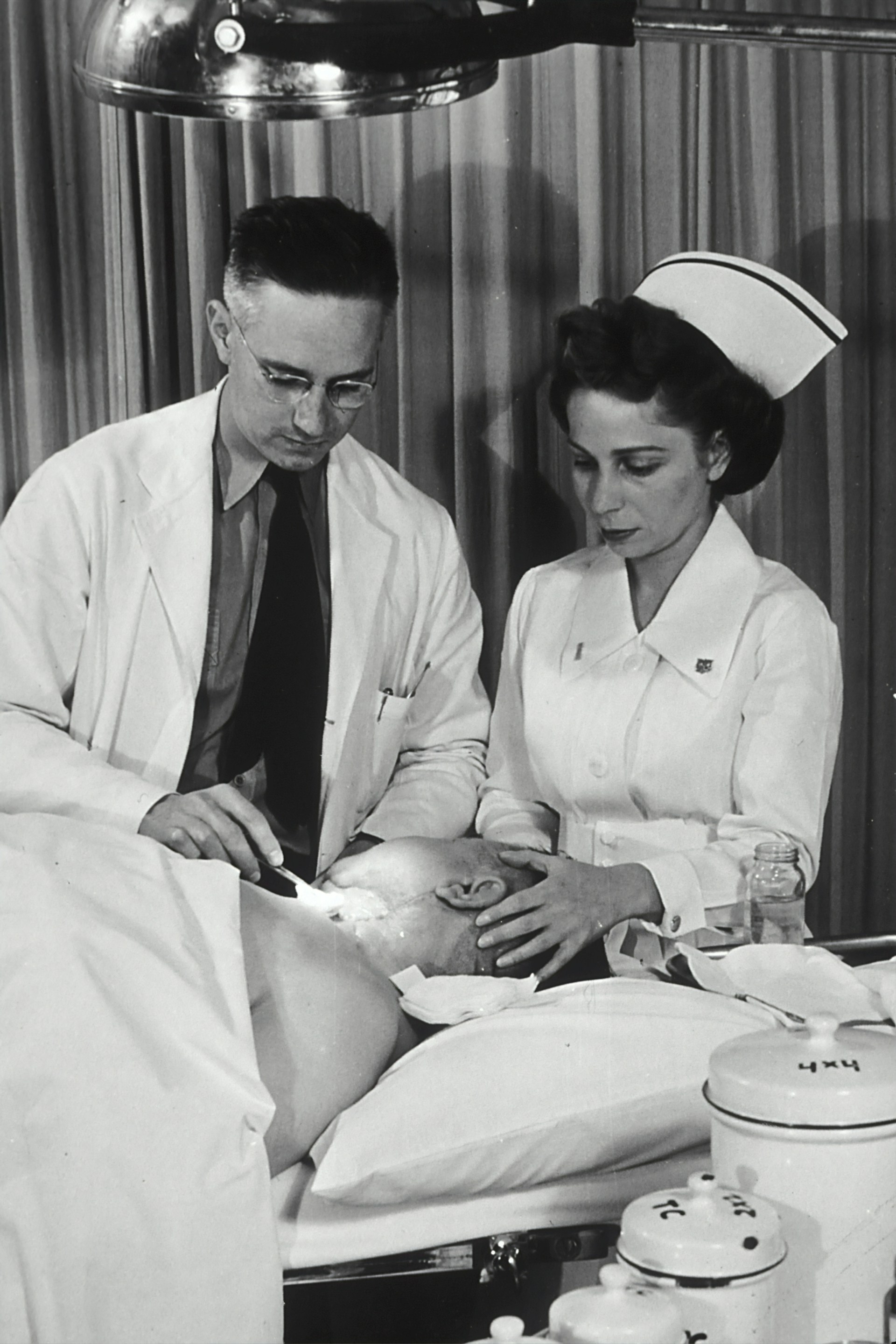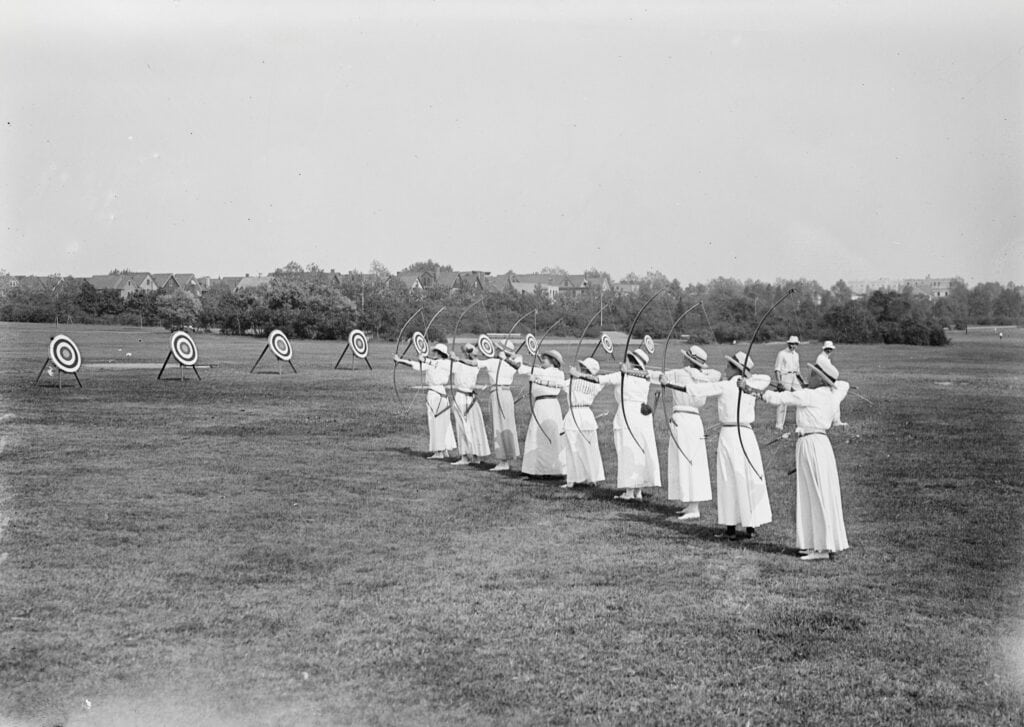You’re a doctor running your own practice, busy helping people every second of every day, on top of the logistical nightmares of business. Oh, and did we mention marketing your practice?
Your head is filled with medical jargon like acute pharyngitis and visuals of fractured bones, and then payroll and budget spreadsheets. How in the hell are you supposed to attract new patients with the incredibly limited time and energy you have left in your day? (P.S. If you’re on the marketing team at a private practice or hospital, this applies to you too.)
We’re definitely not doctors, nor do we play them on TV. But we empathize with what you do and want to help. Your future patients are increasingly turning to online resources to find healthcare providers. The way to attract them is through Pay-Per-Click advertising, more commonly called PPC.
Think of PPC as the left lane of a highway. Everyone in the right and middle lanes are “organic search,” which means their fingers are crossed, hoping an algorithm picks them to be at the top of the search page. But you’re in the left lane, moving faster and passing everyone because you’ve paid to rank high.
That’s PPC: placing targeted ads on search engines like Google (and Bing if that’s your thing) to appear at the top of results pages when potential patients search for keywords related to your services. You only pay when someone clicks on your ad.
Truth is, PPC analysts (at least not ours) don’t perform heart surgery. But in our world, a PPC campaign takes time, diligence, and advertising expertise that you as a doctor don’t have.
We said at the top that you’re busy and that we understand. We meant that, so let us help launch you a successful PPC campaign so you can do more of what you love—help people feel better.
5 Paid Search Strategies for Healthcare Professionals

If you know what these following five strategies are, we’ll be very impressed. If you don’t, totally cool—let us explain how paid search will help you as a healthcare professional.
Targeted Keyword Selection
Imagine you’re a podiatrist with a brand new PPC campaign. You want new patients, but how do you make your ads actually reach the right people? Enter targeted keyword selection and the ability to put your message in front of people actively seeking your services.
According to our analytics teams (and we know these nerds know what they’re talking about), here’s why targeted keywords are the foundation of a successful PPC campaign—and yes, we’re sticking with our podiatrist analogy:
- Nobody wants irrelevant clicks. Generic keywords like “running shoes” might get clicks, but they won’t bring in patients needing a podiatrist. They’re most likely bringing in clicks for people looking to buy, well, running shoes. Targeted keywords like “ankle pain treatment” connect you with users actively searching for and in need of your services.
- Targeted keywords translate to higher conversion rates. What this means: more clicks turns into more leads which turn into more appointments. When users see an ad directly addressing their needs—like “best podiatrist for heel pain”—they’re more likely to convert.
- Targeted keywords are budget-friendly. Remember, you pay every time someone clicks on your ad. By focusing on relevant searches, you minimize wasted ad spend.
All that really matters when it comes to targeted keyword selection is that you’re increasing qualified traffic to bring in patients that actually want your service.
Ad Extensions for Enhanced Visibility
Without going nuts on the explanation here, we’ll break this one down simply.
All these extensions do is provide valuable information within your ad that makes life easier for prospective patients. It could lead to more clicks, more traffic to your website, and more conversions and appointments. (We use ones like pricing extensions, call extensions, and callout extensions if you’re curious.)
For example, the sitelink extension lets you add links to specific pages (i.e. Services, Contact Us, Book an Appointment) for easier user navigation. Or you can put your phone number in the call extension so people on the ad can easily give you a ring.
There’s a ton of competition in every industry. Ad extensions are PPC tools that make you visible. If no one knows your biz exists, how are you supposed to get people in the door?
Geotargeting and Location-Based Targeting
Another scenario for you. This time you’re a dermatologist. You’ve just moved to a suburban area, opened a new practice, and need to start seeing foot traffic. See, there’s this thing called geotargeting which allows you to target a specific area—like a specific zip code—so when users search within that zone, you pop up. You’re really just reaching a broader audience in your service area.
But there’s something even more amazing—or creepy, depending on how you think of it—that many businesses do. Location-based targeting leverages a prospective patient’s real-time location to deliver ads. This is how you get patients in need of immediate services. Someone has a rash (which sucks) but they need you. A targeted ad about “rash relief” infiltrates their phone, and next thing you know, they’re in your office.
A marketing agency like M&P will factor in your specialization within a geotargeted area for more pointed results, and then monitor to make adjustments.
Ad Copy Optimization for Conversions
In the healthcare marketing jungle, where competitors prowl with tired slogans, attracting patients requires a sharper spear. Honestly, this weird AI jungle analogy was ridiculous but accurate. Truth is, everyone is running ads these days and you need to stand out. There’s a level of SEO that goes into this—making sure you hit the right keywords—but there must be a human element as well. Your ads are targeting people after all, not just robots.
Optimizing your ad copy is crucial to make sure your ads not only grab attention but also convert clicks into new patient appointments. Here’s where our content marketing team puffs out their chests and shows those PPC bros who’s boss.
What we do before we gloat: craft copy to target the right audience with relevant keywords and location details; focus on patient benefits, not just services; address prospective patient concerns; and use clear call to actions (CTAs) to convert clicks into appointments. Once we’ve done the heavy lifting, our PPC friends A/B test which copy performs better. And since the average American spends 4.5 hours per day on their phones, that sh*t better work well on mobile too.
Ongoing Monitoring and Optimization
Think of a PPC campaign as a patient. You assess what you want the campaign to be (learn their symptoms), analyze SEO, write ad copy and build out the campaign (prescribe medication), and have that campaign up and running to see results (get your patient feeling better).
In some cases, you’ll follow up with your patient to make sure they’re actually feeling better. A PPC campaign is no different, regularly checking in, monitoring performance, making adjustments where things don’t work, and optimizing to drive the best results.
If this analogy didn’t work for you, too bad, it’s already over and we know you get the point.
Some of the main things we look for in a PPC campaign for healthcare professionals would be clicks and impressions, conversion rates, cost-per-click, keyword performance, and landing page performance (all of which our amazing team will walk you through when you schedule a free call).

Real Life Treatment
If you’ve made it to this section, we have your interest. You’re in a busy industry and don’t have the time to do this effectively on your own. We go to you (the expert) when we’re hurt or sick, so come to us (the experts) when you need leads and new patients.
We said it before—we ain’t doctors. But we are expert marketers. Schedule a call with M&P today and learn how our paid search strategies can help your healthcare business.


















